A tooth abscess can happen in a very short time and cause very bad pain along with swelling and discomfort. In case of very sudden symptoms, it is necessary to get dental abscess emergency care before the matter gets worse. Early intervention saves not only your teeth and gums but also your overall health.
Recognizing Early Signs of Infection
The typical signs consist of a pounding pain, awakening by heat and cold, swelling of the face, or a bad taste in the mouth coming from the area of infection. These are the signs that you might need dental treatment to eliminate the infection before it spreads. If the pain keeps increasing, then it is good to begin searching for tooth abscess treatment near me so that you can get fast assistance.
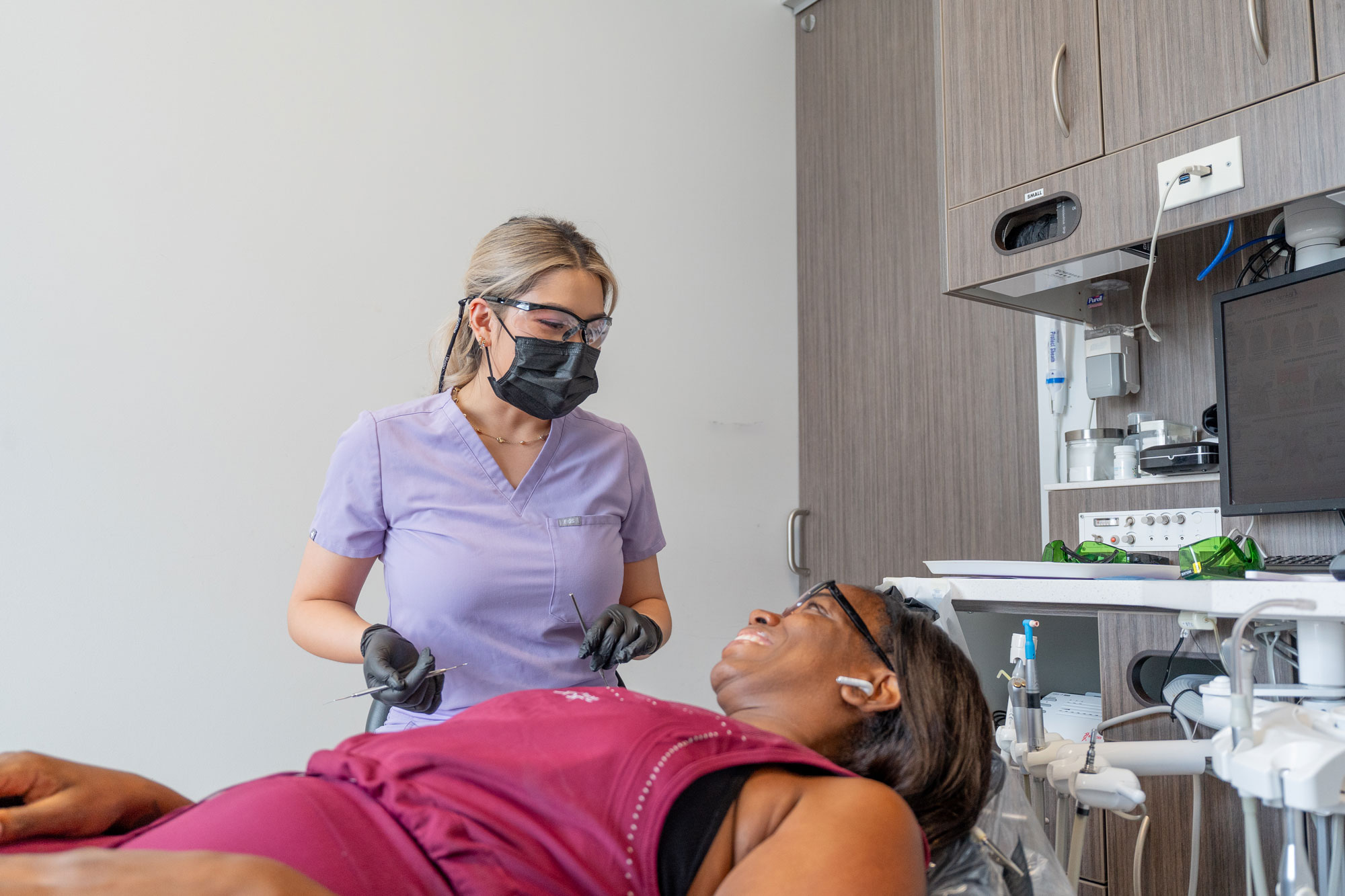
When a Dental Abscess Becomes an Emergency
If the swelling goes up towards the jaw, cheek, or neck, or if you have a fever, then your infection might be getting worse. This is when a lot of patients type dental abscess emergency near me in the hope of finding a clinic that can provide urgent care. Fast treatment stops the infection from ruining tissue and spreading further into the body.
Getting the Right Treatment at the Right Time
Serious problems can arise from an untreated abscess, thus it becomes urgent to perform dental emergency tooth abscess treatment. A dentist might recommend either draining, antibiotics, or root canal therapy based on the degree of the infection.The cases are all thoroughly checked to discover the safest and the most effective method.
Emergency Abscess Care in Houston
It becomes much easier to find specialized help when you can choose options like emergency dental abscess treatments Houston. The clinics providing urgent care know well the pain and stress caused by an abscess and therefore intend to give the quickest relief possible. Immediate focus can hinder the infection from spreading while the discomfort is nearly instantly eased.

Choosing a Reliable Dental Office
A lot of people when in pain start looking online for a dentist office near me to locate a reliable clinic nearby. A good dental office not only deals with regular patients but also accepts urgent cases thus providing you with peace of mind in case of an unexpected emergency.
Why Emergency Dentistry Matters
Abscess pain usually comes suddenly, and that is why emergency dentistry is very helpful in complication prevention. Emergency dentistry is a service that can handle all of the sudden infections, fractures, and severe discomfort without making you wait for days for relief.
Walk-In Options for Fast Treatment
Whenever the pain gets very strong and the waiting period for an appointment is draining, finding a “Walk In Dentist near me” turns out to be a very sensible solution. No appointments are needed in case of walk-in patients who wish to see a dentist and so, they don't have to wait for their turn. The reliable Walk In Dentist will be able to perform a quick examination on the affected tooth, give you relief, and even help you with the next steps to ensure full recovery.
Conclusion
The treatment that is prompt is the key to the safe management of a dental abscess. By knowing the symptoms, getting care quickly, and the choosing of a dependable dentist, you can shield your mouth from diseases and prevent very serious problems. If you see fast swelling or very strong pain, do not hesitate and go to an emergency specialist who will be able to restore comfort and protect your smile.
Wisdom tooth pain can be acute and come to a sudden stop with the accompanying symptoms of swelling, pressure, and pain that are so sharp that eating, talking, or even resting become difficult. The majority of the patients whenever their symptoms are getting worse are searching for the closest emergency wisdom tooth extraction as they believe that delaying the treatment will make the condition worse. Impacted or infected wisdom teeth should be treated as soon as possible to prevent further complications.
Recognizing When Removal Becomes Necessary
Different patients exhibit different signs of trouble, but in most cases, severe pain, gum swelling, and jaw stiffness are the reasons that you might look for emergency wisdom tooth removal near me.The dental problems usually indicated by these symptoms are either an impacted tooth or an infection, hence the necessity of a prompt intervention. Non-treatment of the infection would probably lead it to the nearby tissues, thereby causing more difficulty and more severe pain.
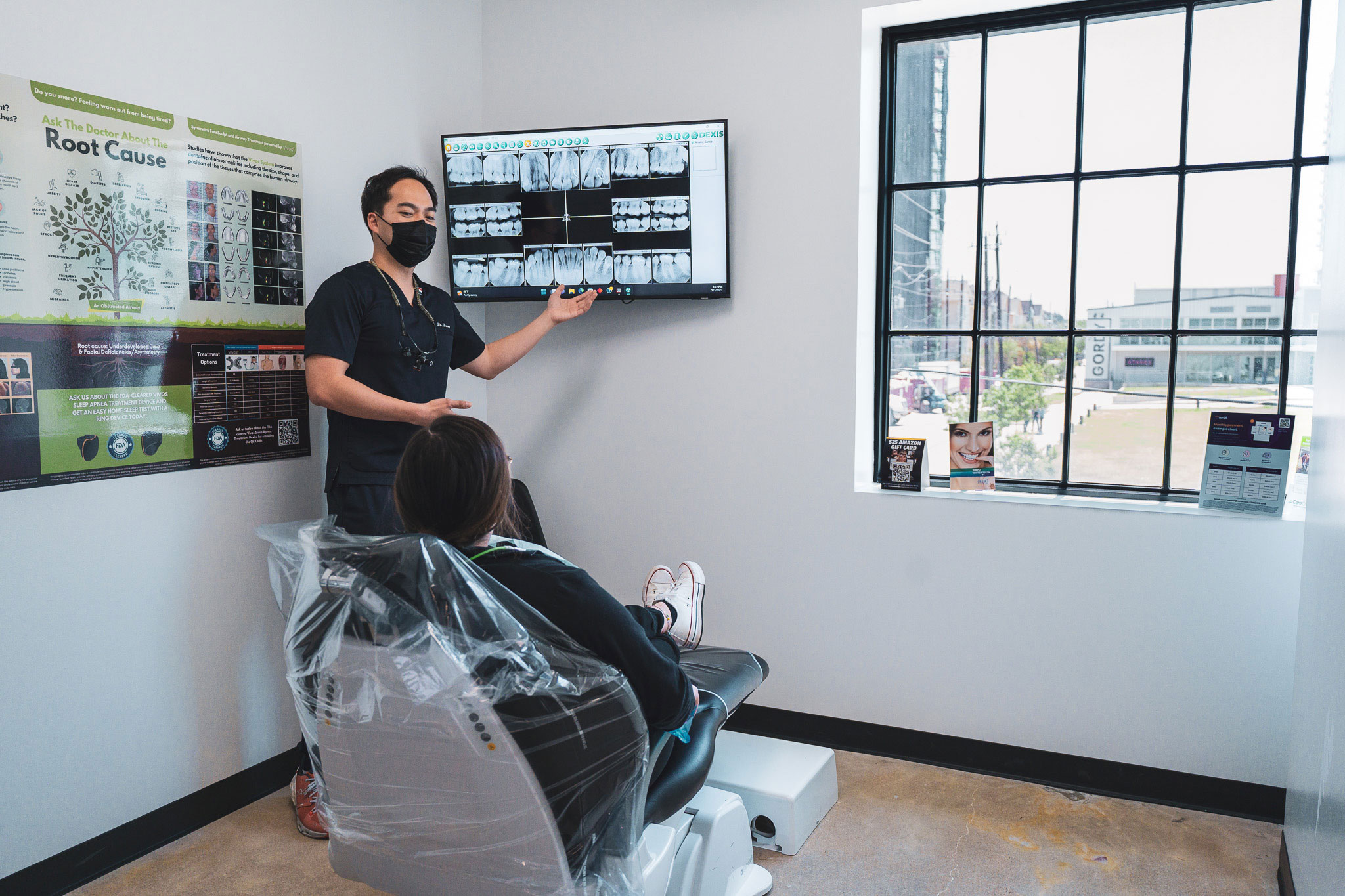
A sudden eruption can no doubt give you the impression that you are caught in a very haggard circumstance, nay, the pain is even part of your everyday activities. Thus, being aware of the closest dental emergency room for tooth extraction has become very important. The earlier the procedure is performed, the lesser the chances of the nerve getting damaged, abscess formation or occurrence of bone infection. Most importantly, immediate care takes away the pain and prevents the disease from progressing any further.
Expert Emergency Care in Houston
When the pain and swelling caused by wisdom teeth really get out of control, patients from Texas usually start looking for emergency wisdom tooth removal Houston. Such difficulties can happen very quickly, and Houston clinics that provide same-day treatment know it very well. For many patients, the possibility of emergency wisdom tooth extraction Houston being found is a huge relief because it means that help is nearby and professionals are there to deal with urgent oral situations safely and efficiently.
When a Wisdom Tooth Becomes a True Emergency
If a wisdom tooth is giving you any problems, it may be a sign of future troubles ahead. Those cases need a dentist's attention right away. Considering the use of home remedies or putting off the care might provide some immediate relief but the problem, in most cases, is not really solved - just hidden.
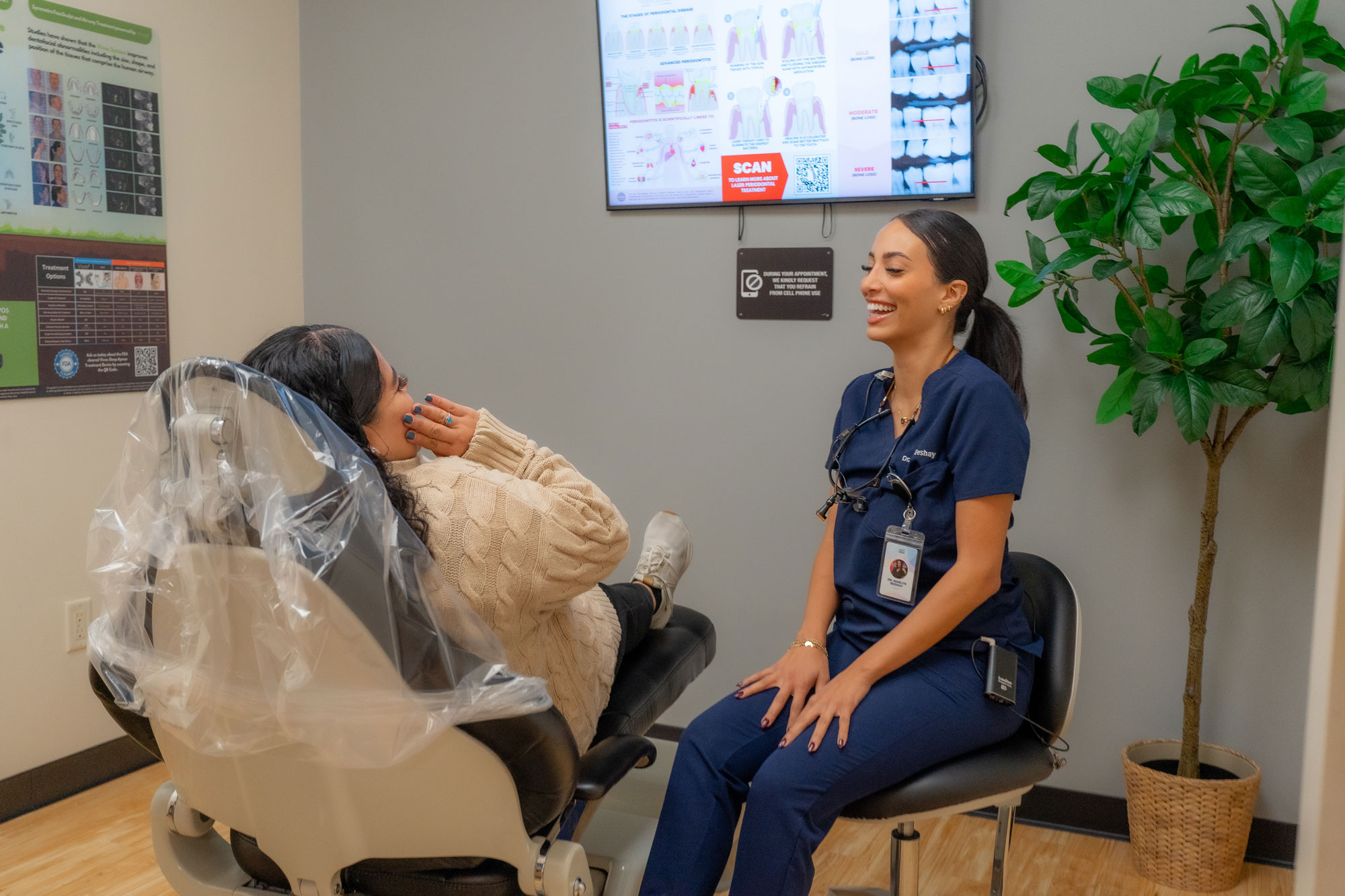
Finding the Right Clinic During Urgent Situations
It is instinctive to look up 'emergency dental services near me' during these times of severe pain. The good clinics will do everything possible to help you recover soon among which are diagnostic imaging, same-day extractions, and pain management. An emergency dental clinic that you trust will not only take care of your acute problem but it will also make sure that your recovery process is clear and well-supported.
Comprehensive Dental Care in Houston
Residents of Houston are provided with a rich variety of professional dental services Houston TX that cover all the dental needs from routine to emergencies. A sudden wisdom tooth complication or a persistent oral health issue; treatment may be done quickly which guarantees the comfort and wellness for a long time. The availability of dental services Houston makes it convenient for patients to get follow-up treatment after emergency procedures.
Conclusion
Even though the wisdom tooth pain might be really strong and sudden, there is still quick and trustworthy therapy just a phone call away. If you identify the symptoms early, know where to go and choose a dental clinic that is reputable, it will ease your recovery process significantly. If your wisdom tooth emergency has begun to give you excruciating pain or cause swelling, do not hesitate—get emergency treatment immediately and by getting timely professional care, keep your smile bright.
Sometimes, dental pain or infection can be pretty severe, and the selection of a good dentist can be very important. A lot of people go on and look for root canal dentist Houston as their first step to come across the most skilled providers equipped to perform such detailed cases. One can find the best dental professionals in Houston, who are committed to their patients’ comfort and understand using the latest, painless techniques to save the natural tooth.
When Urgent Attention Becomes Necessary
Patients with extremely heavy infection, inflammation, or intense pain generally seek an emergency root canal near me who can quickly assess and treat the pain. Emergency root canal treatment is based on three main reasons: to get rid of the infection, to safeguard the bone around it, and lastly, to revive the affected tooth's health. Timely help means that the issue will not escalate into more serious dental problems.
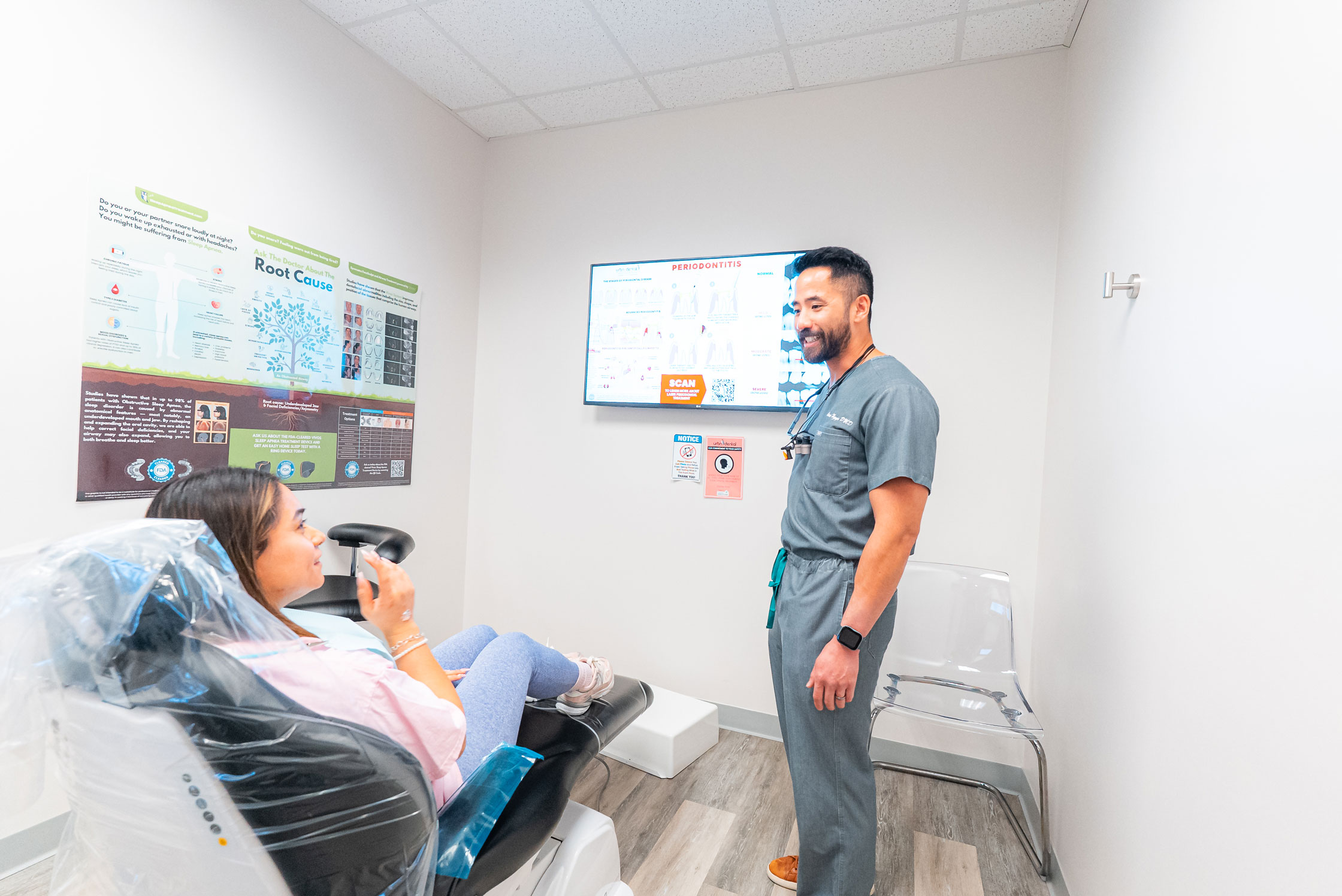
Specialized Dentists for Root Canal Emergencies
There are situations when the pain becomes so intense that one cannot bear it anymore, or an untreated cavity has reached the nerve of the tooth. It is at this point when many patients start looking for a root canal emergency dentist near me to get immediate assessment. The procedure, which is a type of emergency care, mainly concentrates on the treatment of the active infection along with the prevention of its spreading to the adjacent teeth. A dentist root canal specialist provides extra comfort, as these practitioners are trained specifically in dealing with nerves and related procedures.
Weekend and Saturday Availability for Urgent Dental Concerns
Dental concerns do not respect any calendar, therefore, some individuals prefer to visit a dentist open Saturday Houston when it is difficult to get on with appointments during the week. The weekend accessibility significantly helps in the timely treatment of infected or sore teeth. For a lot of families, weekend dentist houston means that relief is possible even amid busy workweeks or unexpected dental emergencies.
Emergency Root Canal Services Throughout the City
In most cases, extreme suffering is the reason for Houston residents turning to emergency root canal Houston procedures when the pain is already unbearable. Those services are meant for treating the infections that are not always immediate and for keeping the teeth that are on the verge of being pulled. A dental emergency clinic assures rapid diagnosing and treatment of nerve-related dental issues.
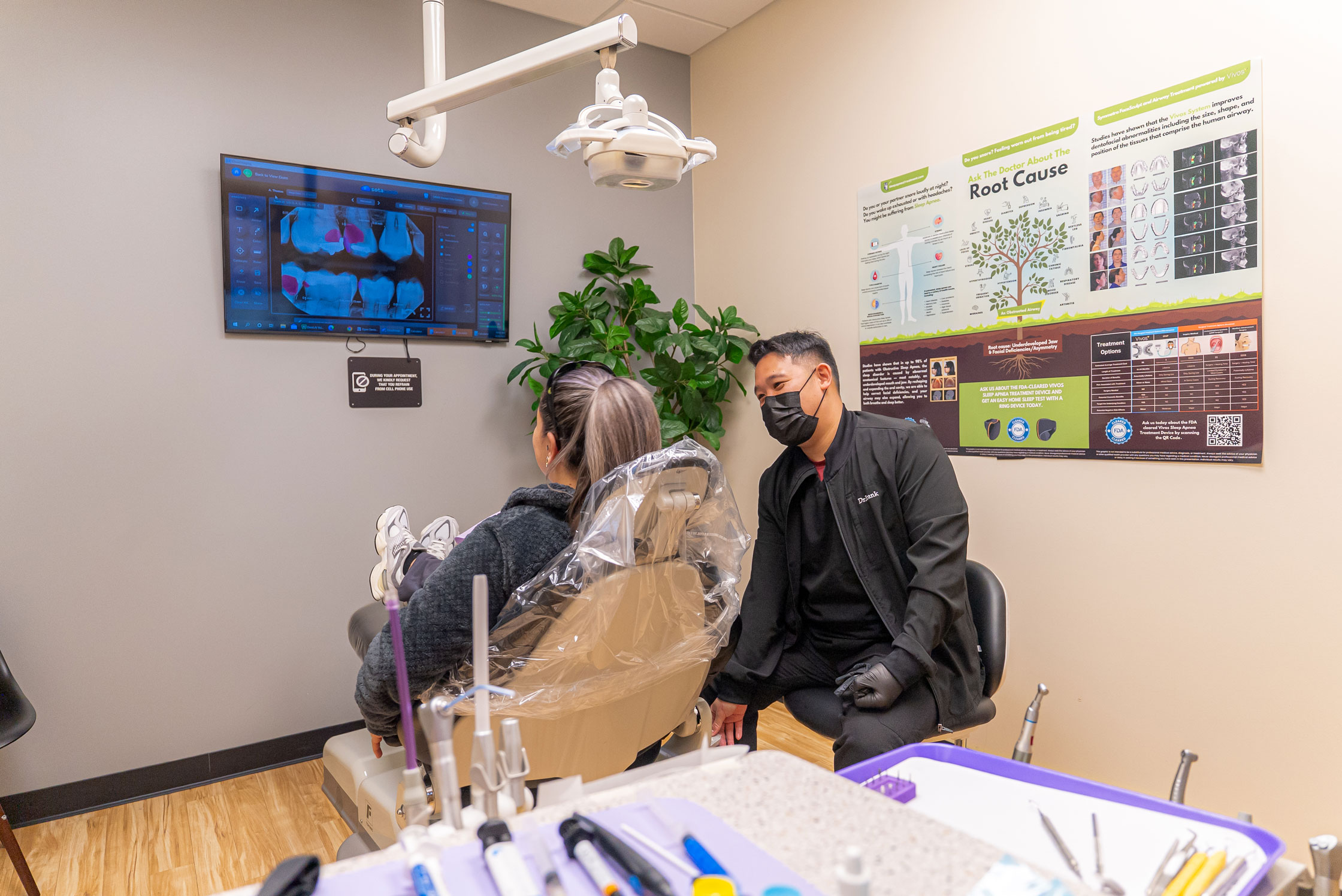
Walk-In Options for Sudden Tooth Pain
Certain dental problems show up all of a sudden, which makes it difficult to schedule an appointment. A walk in dentist houston is the main aid for those who need instant medical care. Walk-in clinics provide evaluations on the same day emergency tooth extraction, allowing the dentist to decide whether the affected tooth needs root canal treatment, medications, or other procedures to be stabilized.
Reliable Emergency Dental Support Across Houston
Tooth infections, fractures, and swelling can suddenly appear and cause a lot of discomfort and anxiety. Therefore, a lot of people consider Houston emergency dental care as a chance for an immediate evaluation. The goal is to no longer feel the pain, avoid any unpleasant situations, and provide a plan for future oral health. Dependable emergency services clinics will be ready at all times to deal with anything from the worst toothache to the most difficult infection.
Comprehensive Care at Emergency Dental Clinics
When you locate an emergency dental clinic Houston that is trustworthy, that will guarantee you to get complete diagnostic services, advanced imaging, and treatments that are well-planned. These clinics are prepared to take care of both the root canal emergency near me and the other urgent dental needs. With trained personnel, modern equipment, and flexibility in scheduling, patients will not mind waiting for the time they have to get assistance in case the discomfort is beyond their tolerance.
Conclusion
Root canal issues might become extremely difficult to handle, however, the right professional staff, clinics with a welcoming atmosphere, and convenient hours can help you to receive the best dental care in Houston. Recognizing the place for emergency or regular treatment can play a giant role in maintaining your teeth and gums healthy and your natural smile bright. When pain or infection occurs, contacting a trusted Houston dentist should be the first action of your procedure of getting well.





